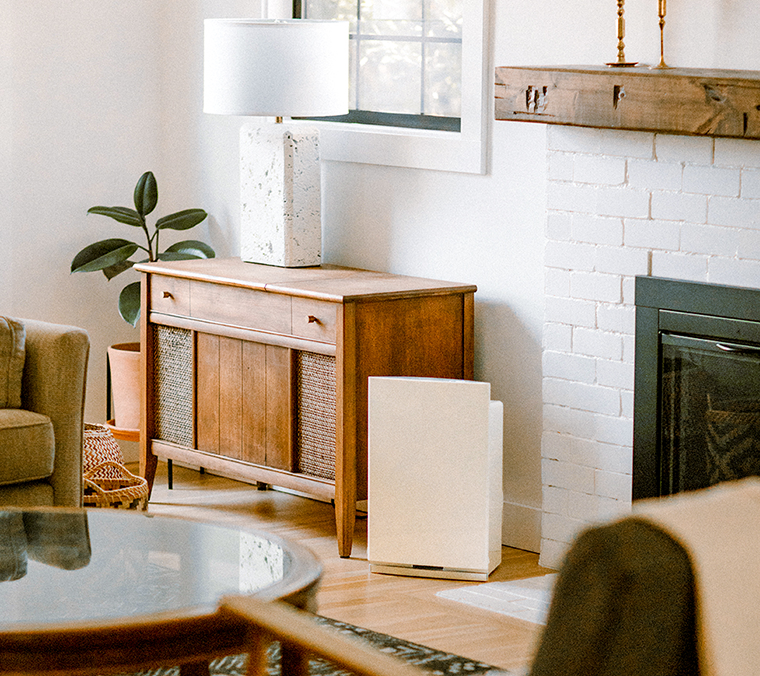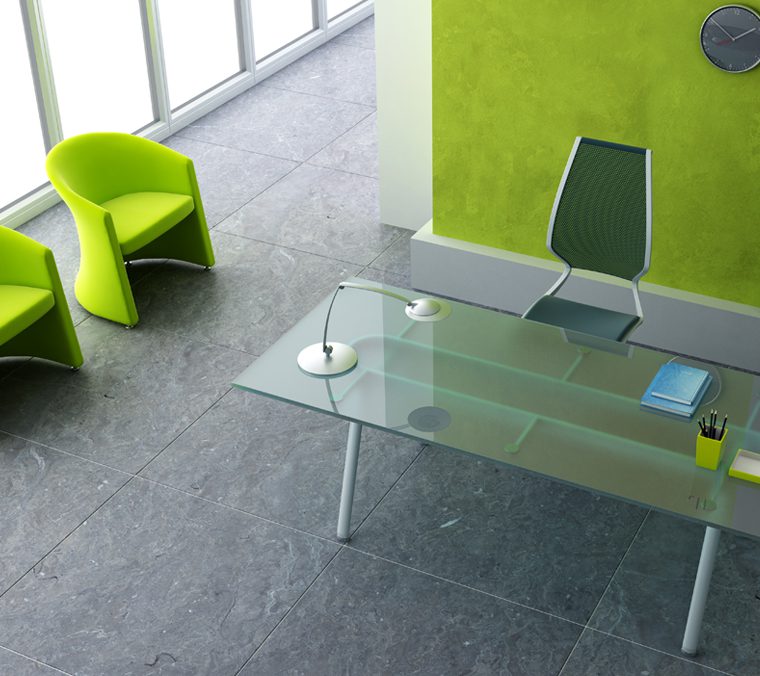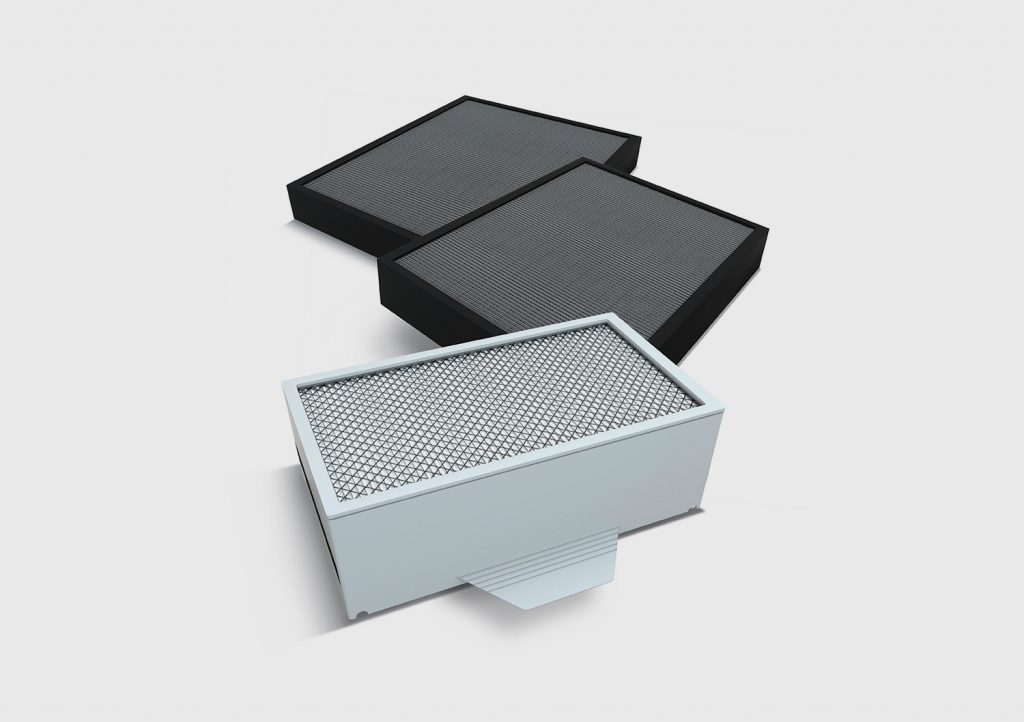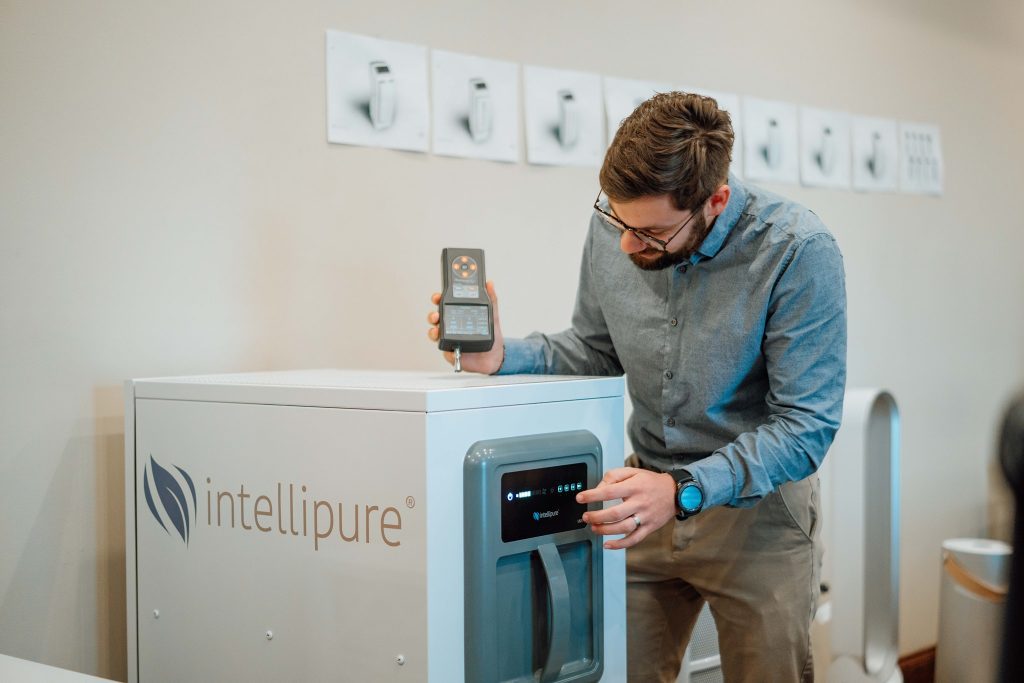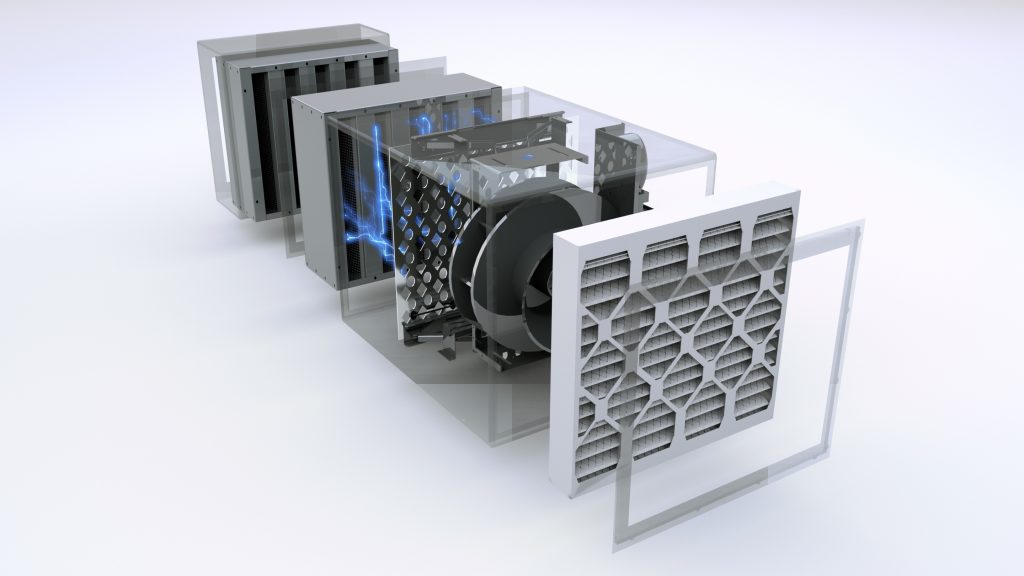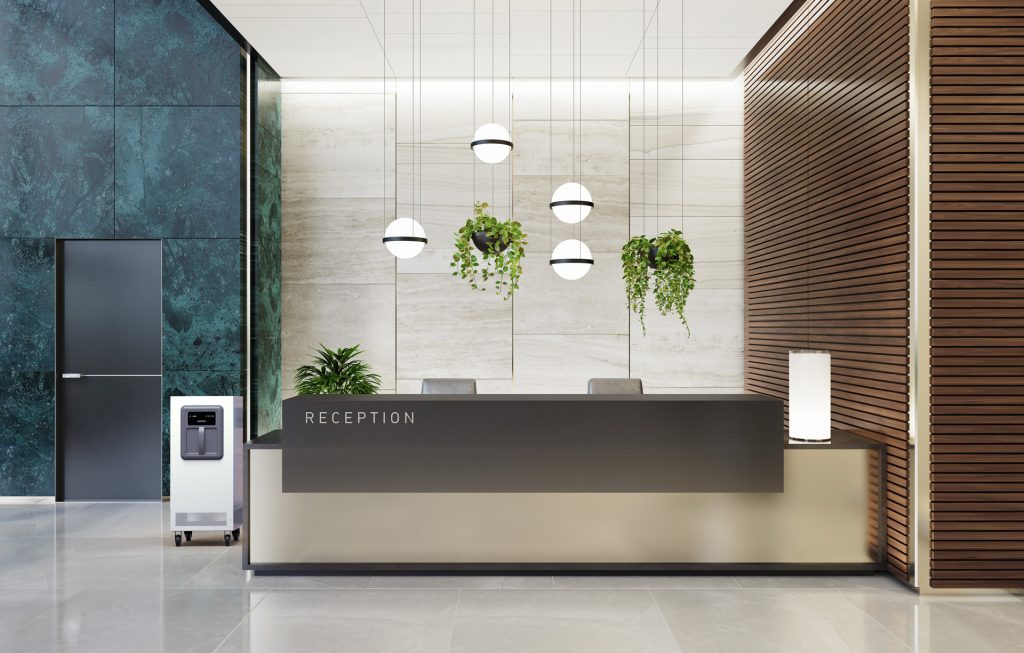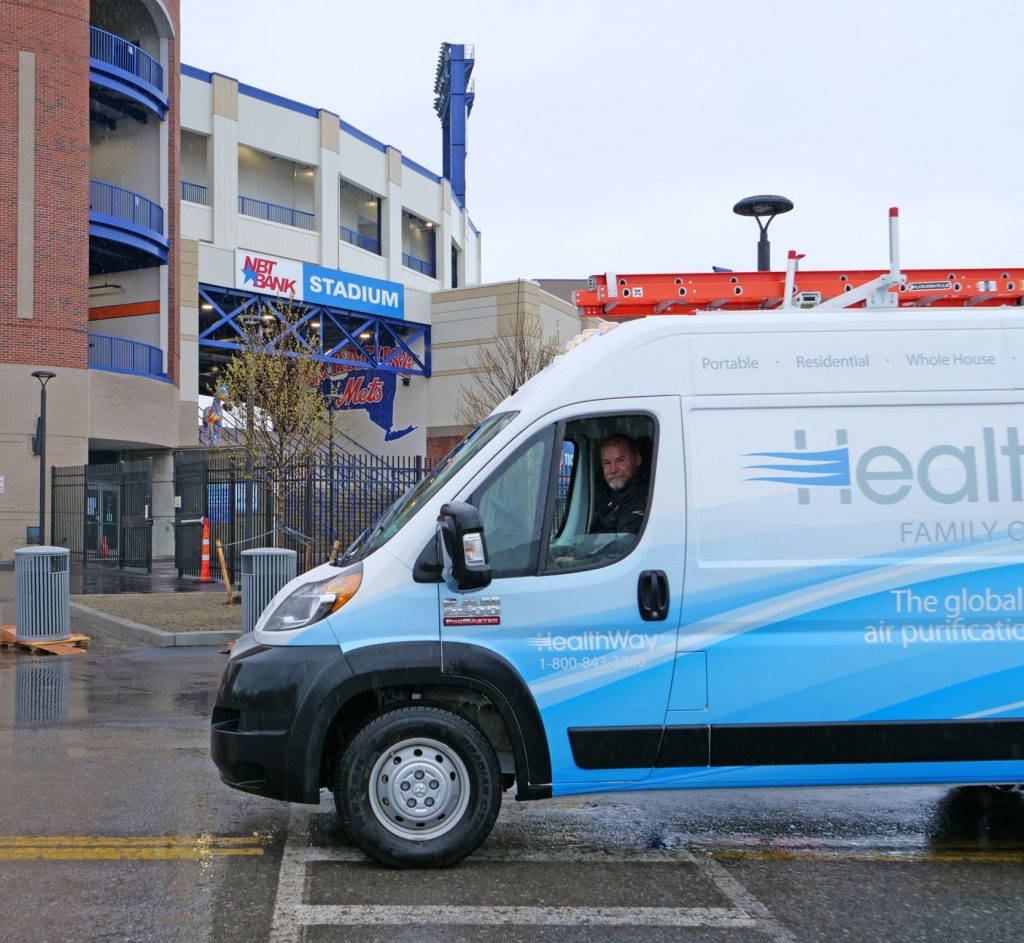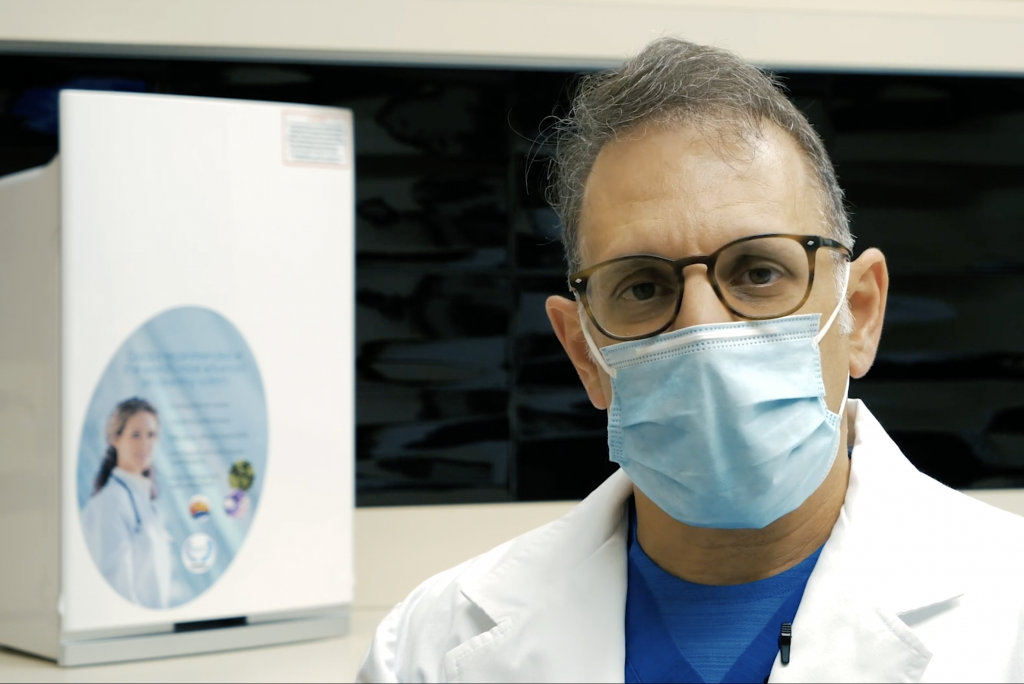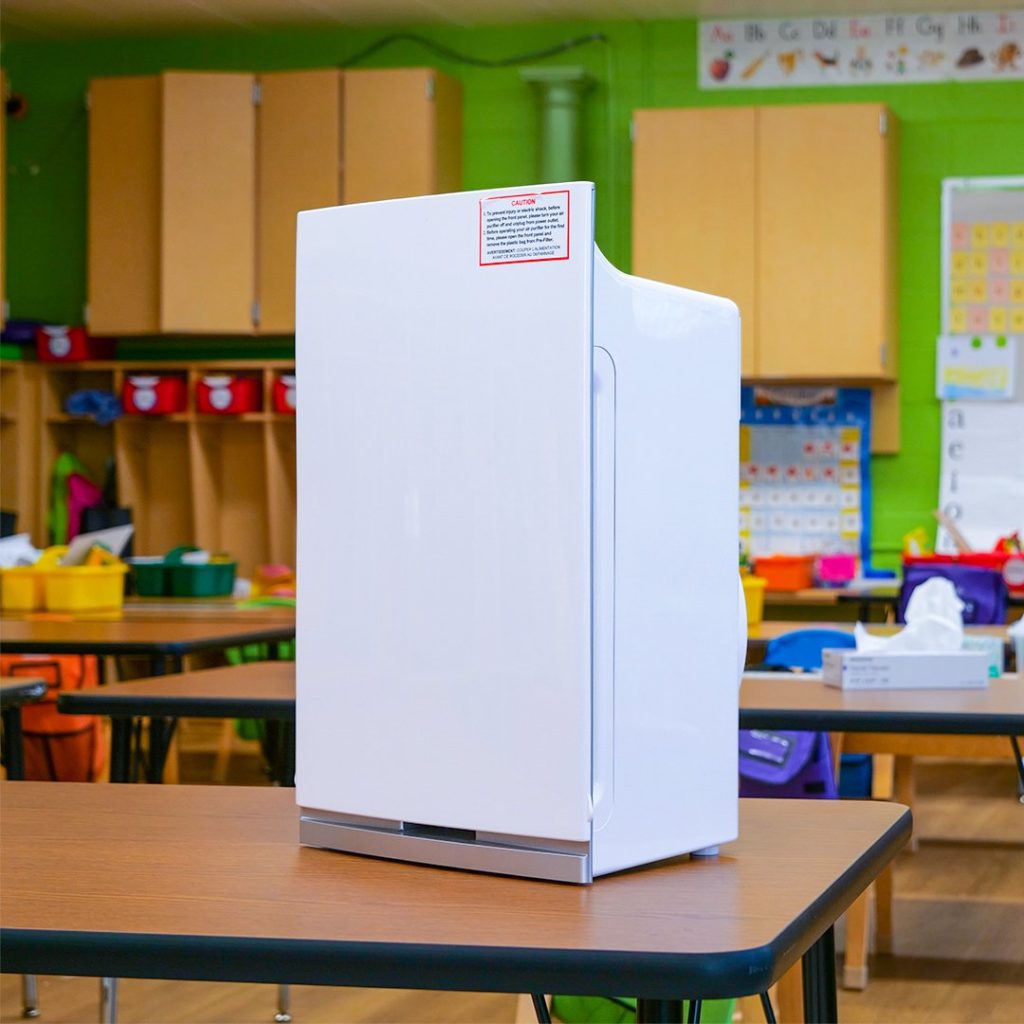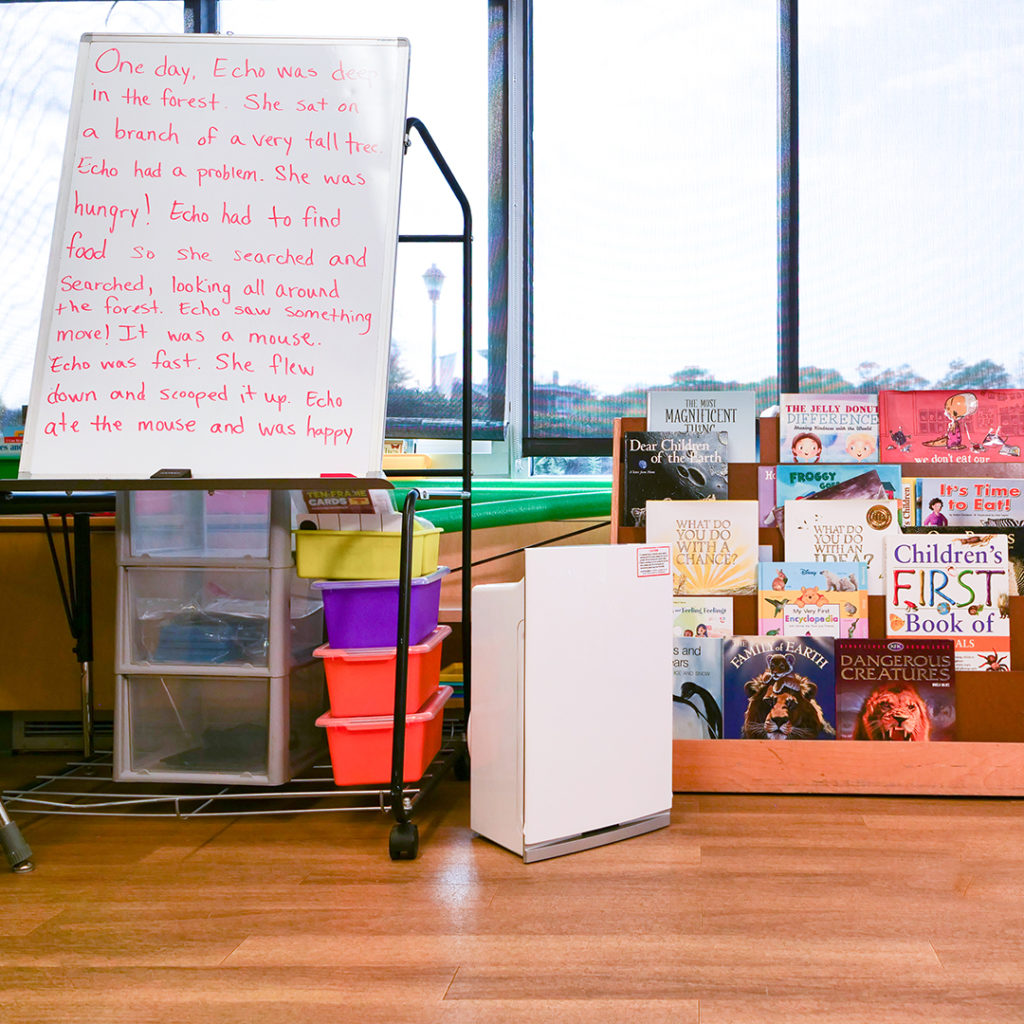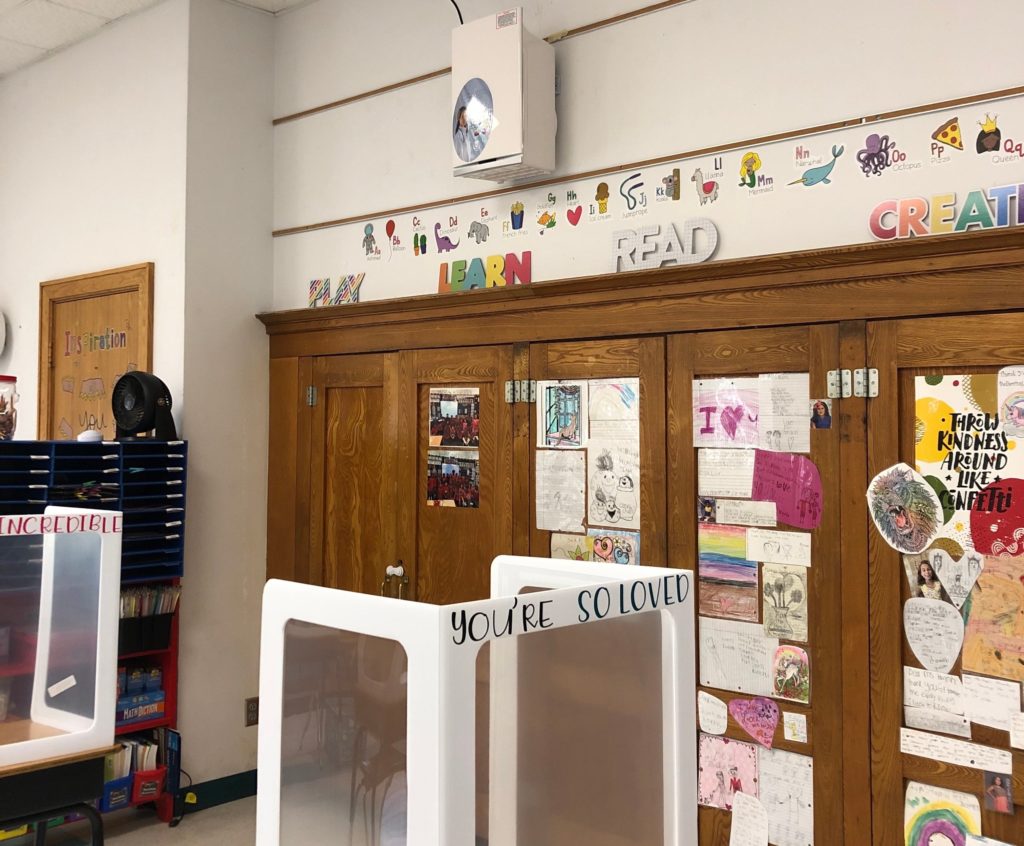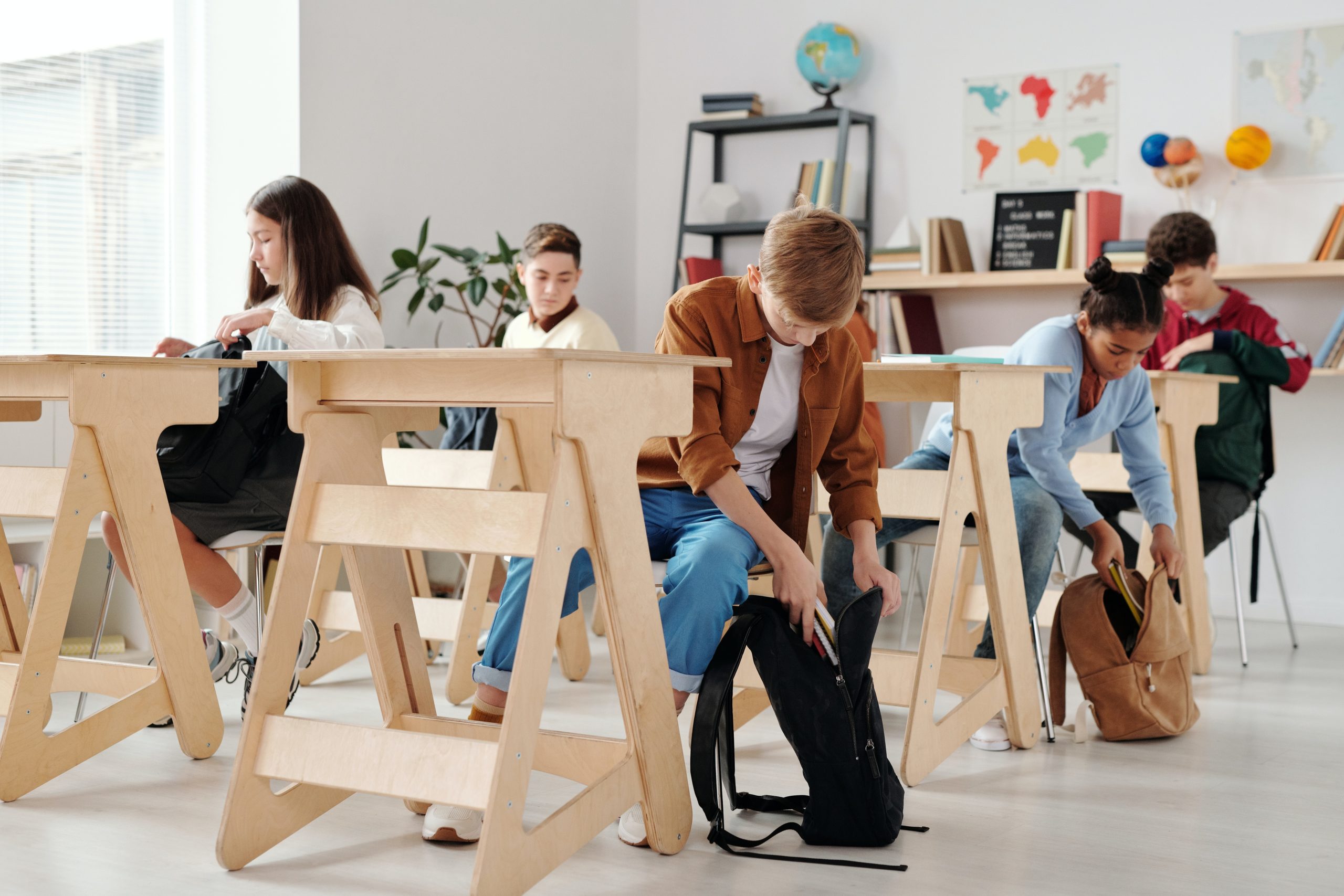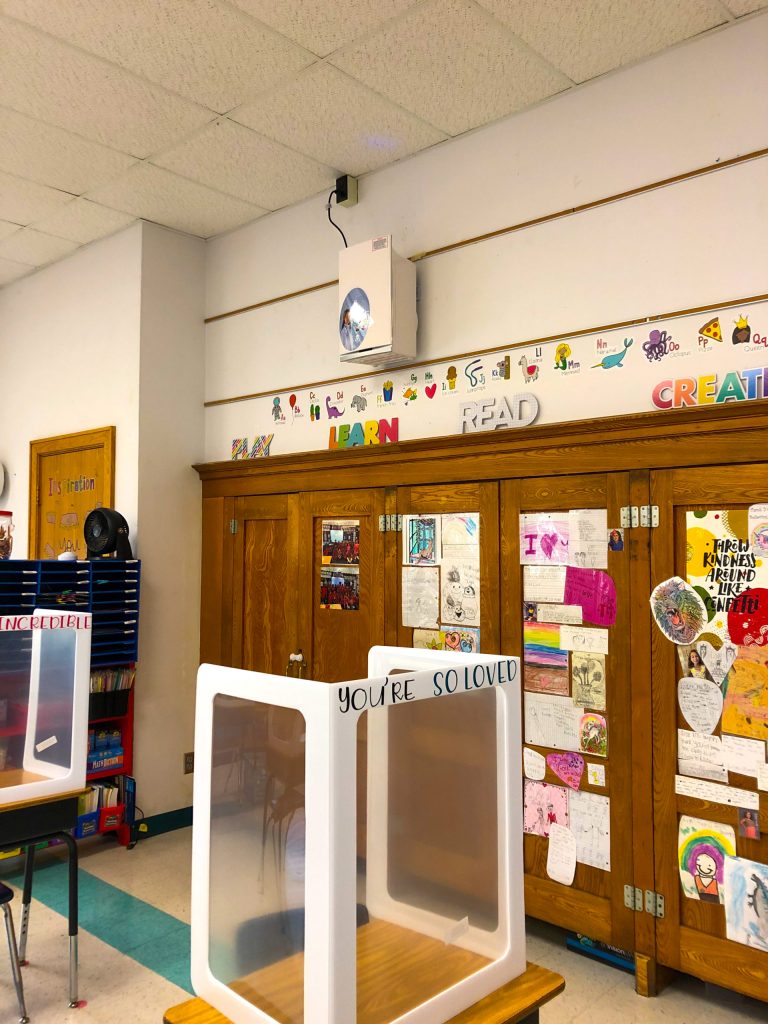An Emphasis on Air Purification for Education Environments | 2022-23 School Year
New School Year, New Airborne Dangers
The launch of a new school year has been giving parents an uneasy feeling as they send their children back to the classroom. As summer vacation wraps up, the concern for proper IAQ within educational environments strikes many conversations.
School is thought to be a “second home” for children, since they spend the majority of their days in the classroom. The need for air purification for educational facilities to begin the upcoming school year has been expressed by countless parents and officials. Heading back to school could mean the spread of countless germs and other contaminated particles, ranging from the COVID-19 virus to building material VOCs.
Table of Contents
1. Indoor Air Quality in Schools
2. HealthWay Installments
3. COVID is Not the Only Threat
4. Let’s Talk About the Kids
5. Outside of Viruses
6. Kick Germs Out of the Classroom
Indoor Air Quality in Schools
Scarred by lockdowns, quarantines, and social distancing, parents are ready to finally have a “normal” school year once again. A crucial question being asked about air purification for education buildings is “How can we reduce our student’s exposure to germs?”
The White House is much aware of this question, and they have sprung into action with funding for IAQ improvements for schools, businesses, governments, and other commercial and public establishments. $122 billion has been allotted specifically to education, since many schools across the U.S. were constructed over 40 years ago and ventilation systems are not meeting new health standards. They have also recently published their plan to make vaccination shots widely available for young people this fall.
A nationwide effort for improvements in HVAC ventilation and air purification solutions is still in the works. Officials recommend upgrading HVAC systems to connect HEPA or MERV-13 filters, and employing portable air purifiers in all classrooms.
At HealthWay, each unit is individually tested with a class-one laser particle counter and is certified to exceed traditional HEPA filtration providing the highest level of ultrafine particle and virus removal using patented Disinfecting Filtration System (DFS)technology.
HealthWay® Installments
Many educational buildings have come to HealthWay® to enhance the overall IAQ of their facilities using products such as the portable Compact air purifier, which is the perfect size for a classroom or staff office under 500 sqft.
We have employed our air purification solutions in educational facilities across the nation. Some examples are NYC Schools (the largest city school district in the U.S.), Cornell University, Harvard University, Stanford University, RIT, NYU, Syracuse Schools, Boston Schools, Chicago Schools, and so many more.
In NYC schools, you can find 2 Compact air purifiers placed in every single classroom. Watch how the Compact reduces particle count and improves the IAQ of the entire classroom on this Good Morning America clip.
COVID is Not the Only Threat
COVID-19 has been a catalyst to drive awareness about IAQ, but there are several other issues regarding IAQ – especially in educational buildings. Common airborne illnesses within educational buildings include:

Let’s Talk about the Kids
Asthma is the most common chronic condition among children, currently affecting an estimated 6.1 million children under 18 years. This chronic lung disease can be triggered by certain exposures and can be life-threatening if not managed properly. These exposures can include anything ranging from dust and pollen to the common cold.
Indoor air quality, especially in facilities containing children, is critical to the physical and mental health of the child. Clean air will reduce the number of asthma attacks while increasing focus, resulting in higher test scores and a boost in productivity. Teachers have seen a significant increase in students in the last several years due to the pandemic, and we want that to change.
Purified air means better health and wellness for students and staff within the school. Since they are not breathing in contaminated air, people within the building face fewer allergy-related flair-ups and headaches. It’s no wonder that many say cleaner air leads to increased focus and less absenteeism: people are actually feeling better.
Outside of Viruses
To maintain a healthy building, proper ventilation is a necessity and a key prevention strategy to maintain a clean environment. Summer is a common season for educational buildings to upgrade classrooms and expand buildings since the students are not around. Although the upgraded facility may bring a new charm to the atmosphere of the school, it could be adding a little something extra to the air as well, VOCs.
The EPA states moisture issues have been linked to the changes in building construction over the last several decades. These issues can be rooted in leaks in plumbing or roof, excess humidity, and condensation. Since mold needs moisture to grow, it can spread quickly and become airborne.

Kick Germs Out of the Classroom
Improper IAQ can result in negative health effects. One strategy is to control the pollutant source, which in this case, it may be a student. If a student isn’t feeling well, remove them from the others and sanitize possible contaminated surfaces. Next, open the window to naturally ventilate the classroom, unless outdoor air is considered “unhealthy” by the Air Quality Index. Lastly, increase the speed of the Compact air purifier to turbo when the students head out for special.
Research how your educational facility can receive government funding to improve indoor air quality and strengthen the health of your students, staff, and visitors. Check out our line of air purification solutions for educational buildings, and contact us today to begin your journey to clean air.
About HealthWay Family of Brands
Located in Upstate NY, we’re a team of experts and industry leaders reimagining the world as a better, safer place with innovative air purification solutions. From homes to commercial buildings, we proudly design and engineer scalable, efficient air cleaning solutions for any environment.
Share post

